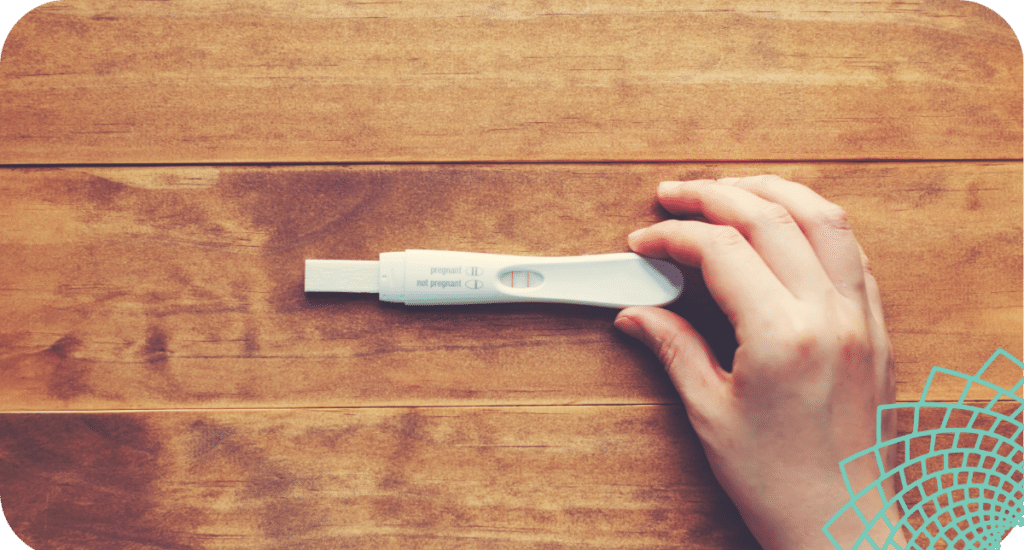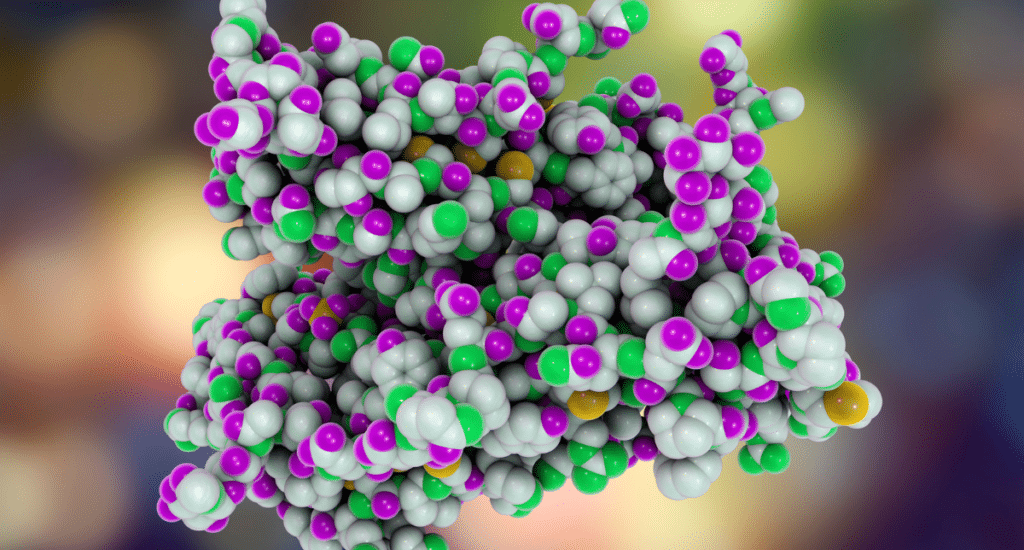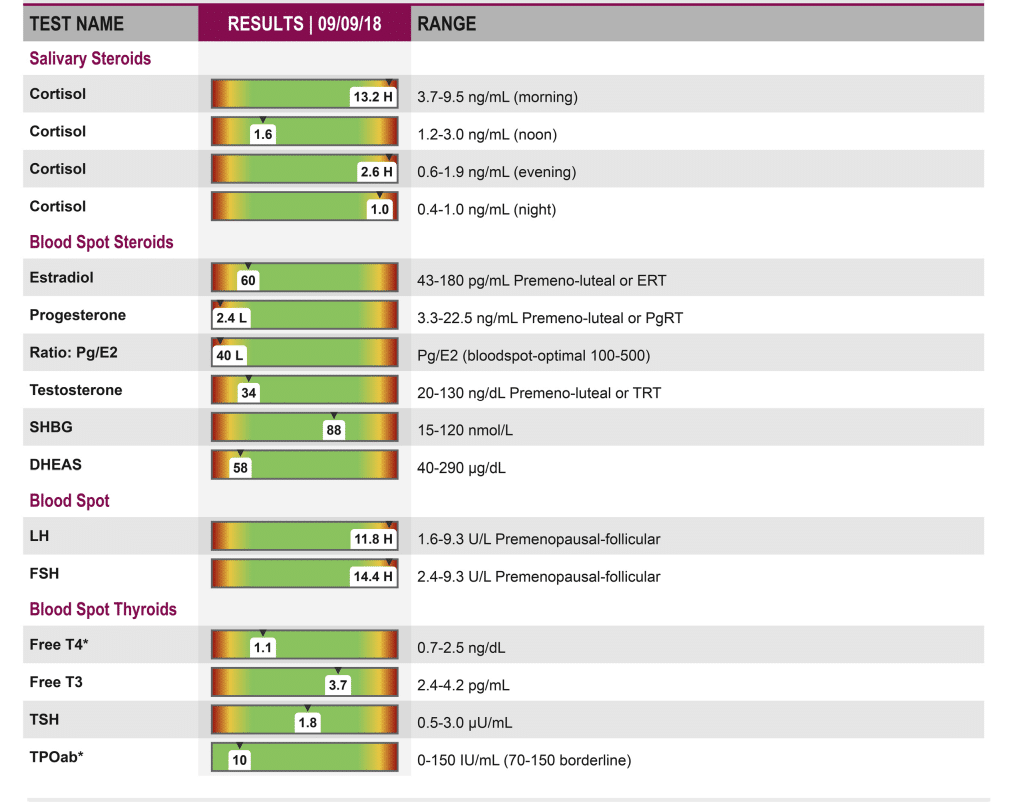“Managing stress effectively can improve fertility outcomes for women.”
Stress is an unavoidable part of modern life. Whether it’s work, relationships, or health issues, everyone experiences stress. However, many don’t realize how significantly stress and fertility are interconnected. Understanding this relationship is crucial for anyone looking to start or expand their family. In this blog, we will explore how stress affects reproductive hormones, the key hormones involved in fertility, and effective coping strategies to improve fertility outcomes.

Understanding Stress
First, let’s define stress. Stress is the body’s reaction to any change that requires an adjustment or response. It can be physical, emotional, internal, or mental. However, while some stress is normal, chronic stress can have serious consequences.
When stress becomes chronic, it can affect various body systems. For instance, it can disrupt sleep, cause muscle tension, and impair cognitive function. Most importantly, stress and fertility are closely linked.
How Stress Affects Hormones

One of the primary ways stress impacts fertility is through hormone production. The body releases cortisol and adrenaline in response to stress. While these hormones are essential for short-term survival, long-term elevation can disrupt reproductive hormones.
In women, high stress levels can lead to irregular menstrual cycles. Consequently, ovulation can become unpredictable or stop altogether. This makes it difficult to conceive.
Important Hormones for Fertility
Several key hormones play crucial roles in a woman’s ability to conceive. Here are the most important ones:
Estrogen: This hormone regulates the menstrual cycle and prepares the uterine lining for implantation. Specifically, high levels of stress can lower estrogen levels, making it harder for the body to support a pregnancy.
Progesterone: After ovulation, progesterone helps maintain the uterine lining for a fertilized egg. Stress can reduce progesterone production, leading to issues with implantation and early pregnancy maintenance.
Luteinizing Hormone (LH): LH triggers ovulation. Chronic stress can disrupt the balance of LH, making ovulation irregular or absent.
Follicle-Stimulating Hormone (FSH): FSH stimulates the growth of ovarian follicles. Stress can lower FSH levels, hindering the development of healthy eggs.
Thyroid Markers: Thyroid hormones also play a role in fertility. Stress can affect thyroid function, leading to imbalances impacting reproductive health.
How Hormone Imbalances Affect Stress and Fertility

When stress disrupts these hormones, it creates imbalances that make conception difficult. For example, low estrogen levels can impair the thickening of the uterine lining, which is crucial for embryo implantation. Estrogen is essential for preparing the endometrium to receive and nourish a fertilized egg. Similarly, insufficient progesterone, often referred to as the “pregnancy hormone,” can prevent the uterine lining from stabilizing, increasing the risk of early miscarriage. Progesterone supports the endometrium and is vital for maintaining a pregnancy during its early stages.
Irregular or absent ovulation, caused by imbalances in LH and FSH, makes it challenging to predict fertile windows. Consequently, timing intercourse for conception becomes difficult. Moreover, disrupted thyroid function can lead to symptoms like fatigue, weight changes, and mood swings, which can further affect overall hormone balance and reproductive health.
Additionally, chronic stress and its impact on cortisol levels can suppress reproductive hormone production. This suppression can create a cycle where the body prioritizes survival over reproduction, further diminishing fertility. Hormonal imbalances may also affect the quality of eggs, reducing the chances of successful fertilization and implantation.
These imbalances highlight the importance of managing stress effectively. By reducing stress and its impact on the body, it becomes easier to restore hormonal balance, improve menstrual regularity, and enhance the chances of conception.
Coping Strategies to Improve Stress and Fertility

Managing stress effectively can improve fertility outcomes for women. Here are some strategies to consider:
Mindfulness and Meditation: Practicing mindfulness can reduce stress levels significantly. Meditation, deep breathing, and positive affirmations are great ways to incorporate mindfulness into daily life.
Regular Exercise: Physical activity helps regulate stress hormones. It also improves overall health, which can enhance fertility.
Healthy Diet: Eating a balanced diet supports hormone production. It can also reduce the impact of stress on the body.
Adequate Sleep: Quality sleep is essential for managing stress. It allows the body to repair and regulate hormone levels.
Professional Support: Sometimes, managing stress alone is difficult. Seeking help from a therapist or counselor can provide valuable coping mechanisms.
Integrative Health Practitioner Institute’s IHP Level 3 Health Coaching Certification: Understanding Stress and Fertility

At the Integrative Health Practitioner Institute, the IHP Level 3 Health Coaching Certification offers in-depth training on the interpretation of the at-home Women’s Fertility Test, which looks at cortisol levels, estrogen, progesterone, LH, FSH, and thyroid markers. Additionally, you will learn how to analyze these test results and understand the impact of stress on these key hormones. Furthermore, you will gain skills to help clients take action to optimize their fertility and improve their overall health.
The relationship between stress and fertility is significant. Chronic stress can disrupt hormone production, leading to irregular menstrual cycles and hormone imbalances. However, by adopting healthy coping strategies, it’s possible to manage stress and improve fertility. Additionally, the IHP Level 3 Health Coaching Certification provides the knowledge and tools necessary to interpret fertility tests and restore hormonal balance, optimizing fertility outcomes. Remember, prioritizing mental and physical health is crucial on the journey to parenthood.
If you are interested in learning more about the IHP Level 3 Health Coaching Certification, schedule a call with an admissions counselor today. This could be the first step toward optimizing fertility and overall well-being for you or your clients.










